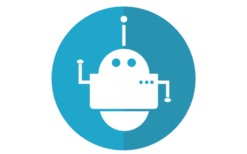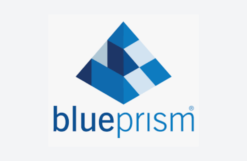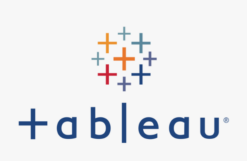Overview
The Microsoft Professional Program in AI is a comprehensive training course designed to equip participants with the skills and knowledge required to excel in the field of artificial intelligence (AI). This program covers a wide range of AI concepts, tools, and techniques, providing participants with a deep understanding of AI principles and practical experience in applying AI algorithms and frameworks. The course is structured to offer a balanced combination of theory and hands-on exercises, enabling participants to develop real-world AI solutions.
Objectives
- Understand the fundamental concepts and principles of artificial intelligence.
- Apply machine learning techniques to solve real-world problems.
- Design and implement AI algorithms using popular frameworks and tools.
- Utilize deep learning algorithms for image recognition, natural language processing, and other tasks.
- Implement intelligent agents and reinforcement learning algorithms.
- Develop AI solutions that can leverage cloud platforms and services.
- Apply ethical considerations and responsible AI practices in their work.
Audience
- Professionals aspiring to become AI experts or AI developers.
- Data scientists and machine learning practitioners seeking to enhance their AI skills.
- Software developers interested in expanding their knowledge in AI technologies.
- IT professionals looking to transition into AI-related roles.
- Anyone with a keen interest in AI and its applications.
Pre- requisites
- Basic programming knowledge (preferably Python)
- Familiarity with mathematical concepts (linear algebra, calculus, probability, and statistics)
Duration: 5 days – 35 hrs
Course Content
Module 1: Introduction to Artificial Intelligence
- Overview of AI concepts and terminology
- History and evolution of AI
- Ethical considerations in AI
Module 2: Essential Mathematics and Statistics for AI
- Linear algebra and calculus for AI
- Probability and statistics in AI applications
- Data normalization and feature scaling
Module 3: Machine Learning with Python and Azure
- Introduction to machine learning algorithms
- Supervised and unsupervised learning techniques
- Feature selection and dimensionality reduction
- Hands-on exercises using Python and Azure ML
Module 4: Deep Learning and Neural Networks
- Neural network fundamentals and architectures
- Convolutional neural networks (CNNs) for computer vision
- Recurrent neural networks (RNNs) for natural language processing
- Transfer learning and model optimization
Module 5: Reinforcement Learning and Intelligent Agents
- Introduction to reinforcement learning
- Markov decision processes and Q-learning
- Building intelligent agents for decision-making
- Hands-on reinforcement learning projects
Module 6: Natural Language Processing (NLP)
- NLP fundamentals and applications
- Text preprocessing and feature extraction
- Sentiment analysis and text classification
- Language generation and machine translation
Module 7: AI in the Cloud
- Leveraging cloud platforms for AI solutions
- Azure AI services and cognitive APIs
- Deploying AI models as web services
- Scalable and distributed AI computing
Module 8: Responsible AI and Ethical Considerations
- Bias and fairness in AI algorithms
- Privacy and security in AI applications
- Explainability and interpretability of AI models
- Responsible AI frameworks and guidelines











